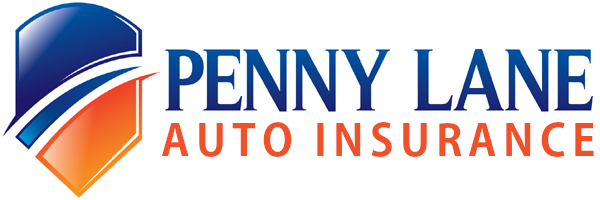FAQ’s
Actual cash value:
The value of property at the time it was stolen or destroyed, arrived at by subtracting depreciation from the replacement cost of the item.
Bodily injury liability coverage :
Pays for medical expenses, legal expenses, and judgements when the policyholder’s car is involved in an accident that causes property damage and/or the injury or death of another person.
Cancellation :
When an insurer discontinues an auto policy because a driver fails to pay the premium, loses driving privileges, or has not accurately reported the facts relating to his level of risk. A Cancellation may take it difficult to get insurance for a long time to come.
Claim :
A request to an insurer for compensation for a loss.
Collision Coverage :
Covers the damage to a Policyholder’s vehicle resulting from a collision, regardless of who is responsible. Collision coverage typically requires the payment of a deductible by the policyholder.
Comprehensive Physical Damage Coverage:
Pays for damage to a policyholder’s car that is not the result of an auto accident, such as theft, vandalism, fire, hail, natural disasters, hitting a deer. Comprehensive coverage requires a deductible and will only pay as much as the car was worth before sustaining the damage.
Damage depreciation:
Commonly used in auto policies to describe the inherent loss of value to an auto that has been damaged and repaired. An identical auto that had never been damaged would be worth more in a sale than one that has been repaired even if the repair work was exemplary.
Deductible :
The amount of claim that the insured must pay before the insurance company will cover the rest.
Depreciation:
The loss of an asset’s value over time.
Endorsement:
An agreement added to a policy to change the amount of coverage offered by that policy. Once attached, an endorsement supersedes the original terms of the policy.
First-party claim :
Request to an insurance company by one of its policyholders for compensation of a loss.
Lienholders interest endorsement:
Also called “breach of warranty”: Optional coverage in an auto policy that pays a lienholder the balance of a loan in the event the auto is damaged in a manner that also voids the policy; favors the lienholder, not the policyholder.
Loan/lease gap insurance:
Covers the difference between a car’s actual cash value and the amount still owed on a loan or lease
Medical payments coverage:
Covers the medical bills incurred by policyholders and their passengers after an auto accident, regardless of who is at fault.
Negligence :
Failure to exercise care, resulting in injury to others or damage to property.
Non-renewal:
Means only that a company does not want to offer the driver a policy any longer, possibly because of driving or claims record over the last three to five years. More than likely, other insurers will provide the insurance at a higher price.
Policyholder:
Person who buys and maintains an insurance policy; also called the “insured”.
Premium:
Payment required to initiate and continue an insurance policy.
Property damage and liability coverage :
Pays for damages to the property of others caused by the policyholder in his or her vehicle.
Rental reimbursement coverage:
Pays a set amount per day for transportation expenses or car rental while the insured’s car is being repaired due to a covered loss.
Replacement Cost:
The cost of replacing a lost or destroyed item; does not factor in the depreciation or market value.
Risk:
Potential for loss or injury.
Third-party claim :
Claim made to an insurance company for damage or injury caused by one of its policyholders.
Total, totaled:
Classification for a vehicle in need of repairs that will cost more than vehicle’s actual value.
Towing and labor coverage:
Provides emergency road service and pays for towing charges. This coverage is not limited to just to accidents, but can be used anytime the insured’s car breaks down.
Unearned premium:
The portion of a premium that may be returned to the policyholder if a claim resulting in a total loss takes place before the end of the policy terms and eliminates the need for continued coverage.
Uninsured/underinsured motorist (UM/UIM) coverage :
Covers the cost associated with damage or injury caused by an uninsured/underinsured, or hit – and – run driver.
